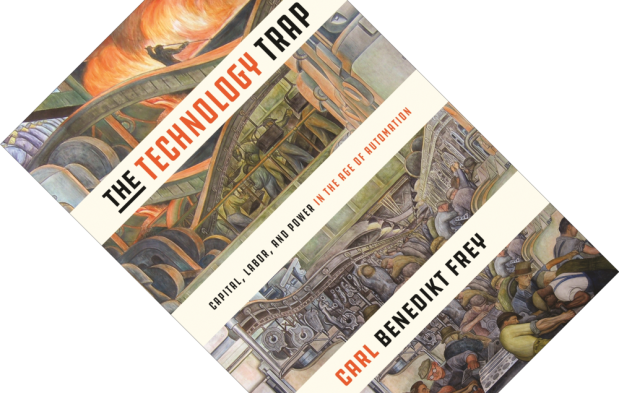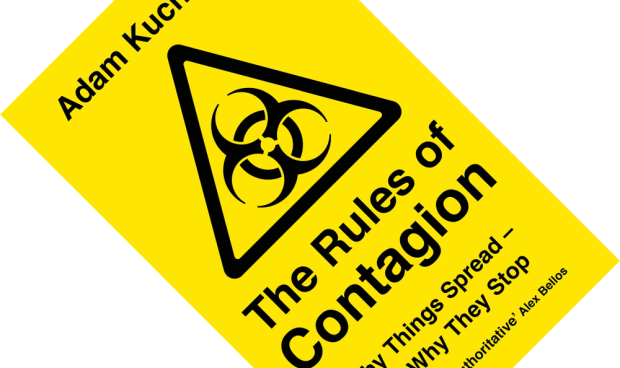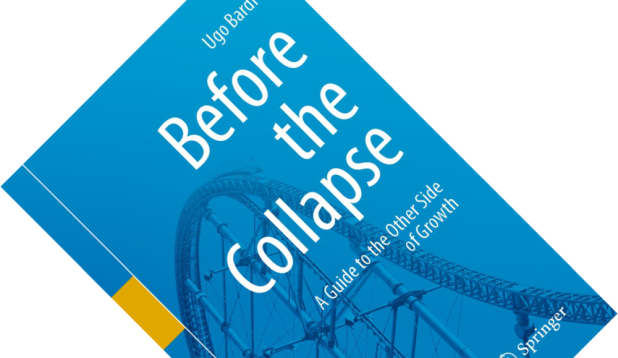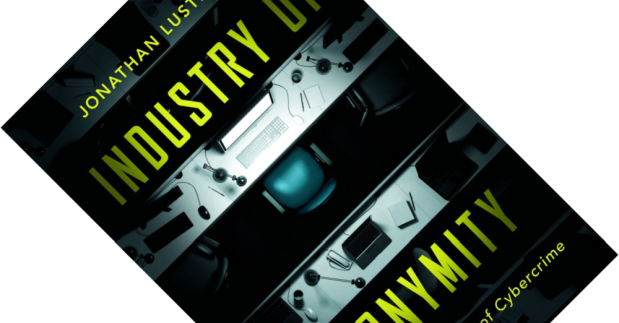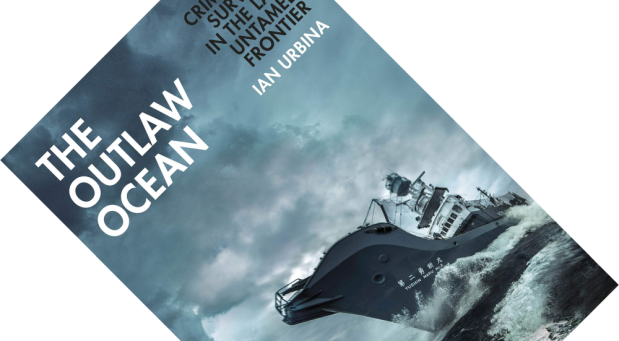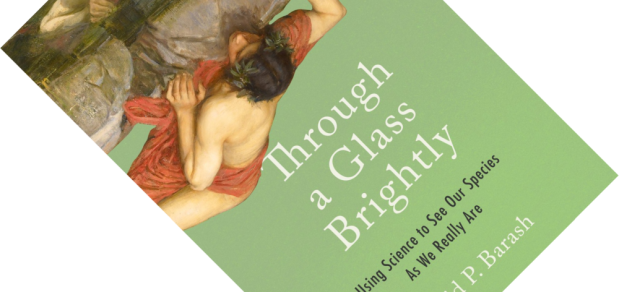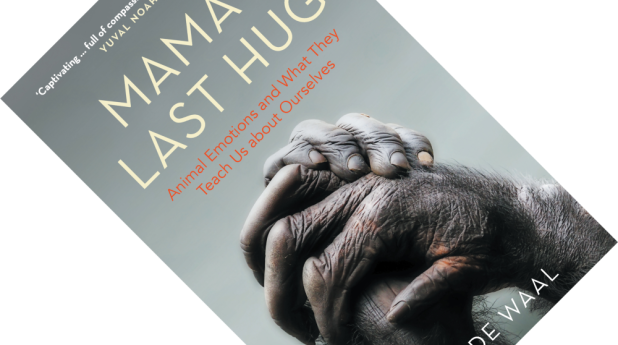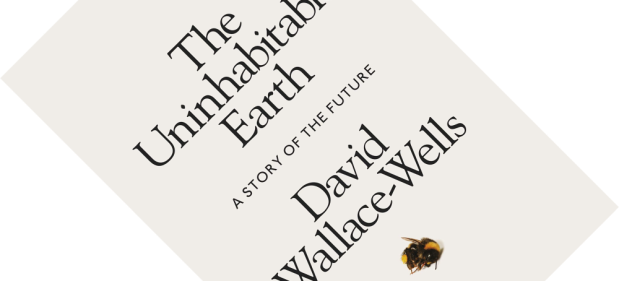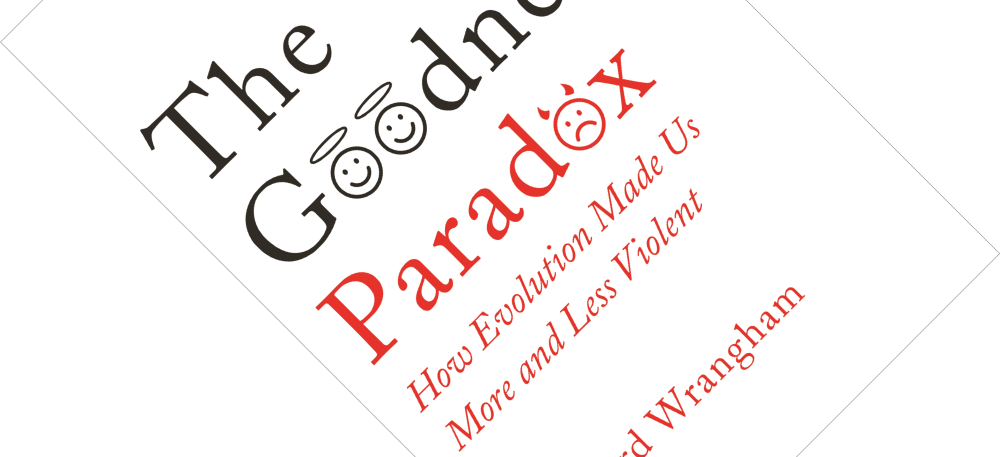8-minute read
The robot apocalypse has become a well-worn trope that will elicit laughter more than concern. But there is a far more direct threat from artificial intelligence or AI: economic disruption. Technology can and has taken jobs away from humans. I first started taking this idea more seriously after watching CGP Grey’s short documentary Human Needs Not Apply. If you enjoyed that video, this book is the must-read follow-up. Economist and historian Carl Benedikt Frey provides a soundly argued and clearly written book on the history of technological revolutions and what lessons these hold for future job security.

